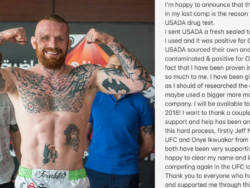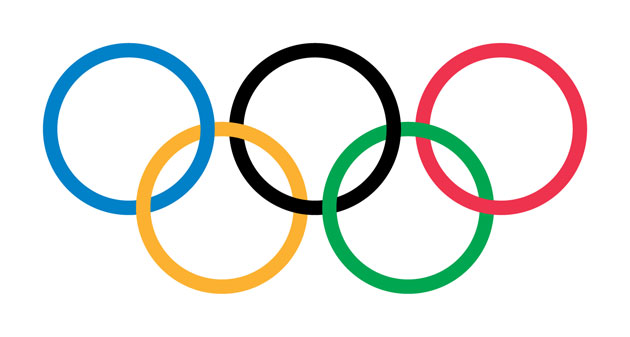The trouble with Ostarine: Jimmy Wallhead’s
16th March 2018
Features


During the re-analysis of the stored urine samples from the Olympic Games Beijing 2008, the laboratory found in a number of cases of athletes from a number of countries and from a number of different sports, very low levels of clenbuterol. To protect these innocent athletes, we cannot reveal any more details about them but we can explain the procedure. We expect that these athletes’ rights are also respected by the media.
The IOC carefully deliberated whether or not to proceed with these cases. In particular, the IOC consulted with the World Anti-Doping Agency (WADA) who was fully involved in the decision-making process. All of the values were below 1ng/ml and therefore in the range of potential meat contamination cases. The IOC reported these Provisional Analytical Findings (PAFs) to WADA to discuss the further procedure. After careful consideration, WADA informed the IOC further to the pattern analysis that the IOC had conducted that WADA could not find any significant and consistent pattern of abuse of clenbuterol in these cases and that it would be appropriate not to take these cases any further.
The IOC followed this conclusion by WADA and informed WADA that it was decided to use the findings for targeting purposes. First, all the samples collected from the concerned athletes on the occasion of the Olympic Games London 2012 were subject to re-analysis. These athletes were also targeted during the period of the Olympic Games Rio 2016.
The re-analysis programme of the IOC for stored samples from the Olympic Games is ongoing. Currently re-analysis from the Olympic Games Vancouver 2010, London 2012 and Sochi 2014 are underway with (for London and Sochi) a special focus on the Russian athletes in line with the findings of the McLaren Report.
The re-analysis programme from the Olympic Games Beijing 2008 has come to an end since the statute of limitations has expired. Although, the samples are still stored and not yet destroyed, but they are not legally usable anymore.
At the time of the Games in 2008 the relevant IOC anti-doping rules, which made an express reference to eight years, read:
‘ARTICLE 6 ANALYSIS OF SAMPLES
Doping Control Samples shall be analysed in accordance with the following principles:
6.5 Storage of Samples and delayed analysis Samples shall be stored in a secure manner at the laboratory or as otherwise directed by the IOC and may be further analysed. Consistent with Article 17 of the Code the ownership of the samples is vested in the IOC for the eight years. During this period, the IOC shall have the right to re-analyse samples (taken during the Period of the Olympic Games). Any anti-doping rule violation discovered as a result thereof shall be dealt with in accordance with these Rules.
After this period, the ownership of the samples shall be transferred to the laboratory storing such samples, provided that all means of identification of the Athletes will be destroyed and that proof of this destruction shall be provided to the IOC.’
The WADA Code at that time also had a statute of limitations of eight years. It was changed to ten years in 2015.
All re-analyses from the Olympic Games Beijing 2008 were based on intelligence. Out of the 4,800 samples taken at the Games 1,053 were re-analysed. While the first waves brought a high number of cases, the last waves did not bring any anymore.
Re-analyses are always performed with improved analytical methods, in order to possibly detect prohibited substances that could not be identified by the analysis performed at the time of these editions of the Olympic Games. More details can be found in the following factsheet.
Some background information on the topic of food contamination: at the time, food contamination was an issue of concern at the Olympic Games Beijing 2008. Athletes had been warned about it. The problem has also been described in a study by the German Sports University in Cologne which was published in March 2012 and which we attach.
We would also like to refer you to the WADA Statement regarding the cases mentioned in the report.
• This media release was originally sent by the International Olympic Committee (IOC) via email on 3 April 2017.
USADA announced today that Grace Bowlby, of Edina, Minn., an athlete in the sport of...
The International Tennis Integrity Agency (ITIA) have confirmed that six Moroccan tennis players have been...
On Aug. 28, 2021, Svetlana Kubyshkina provided an out-of-competition urine sample that contained methenolone and...